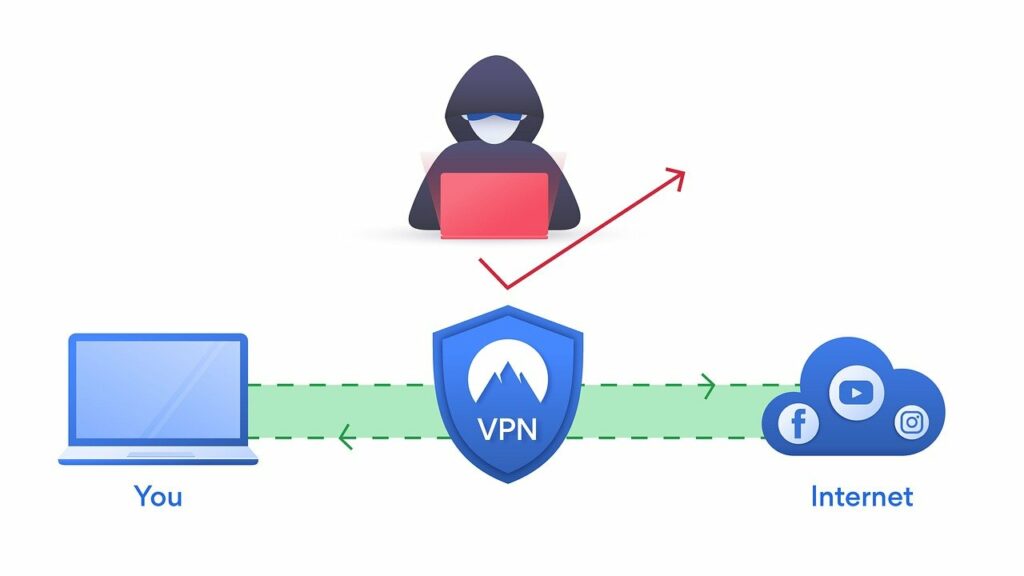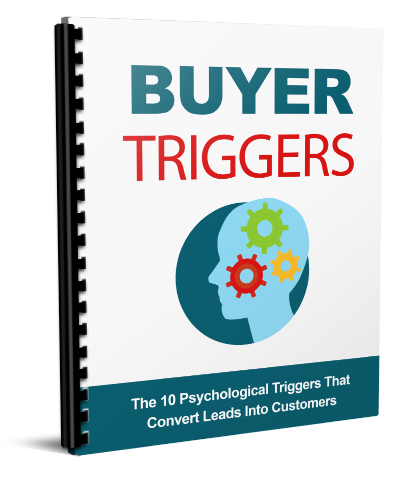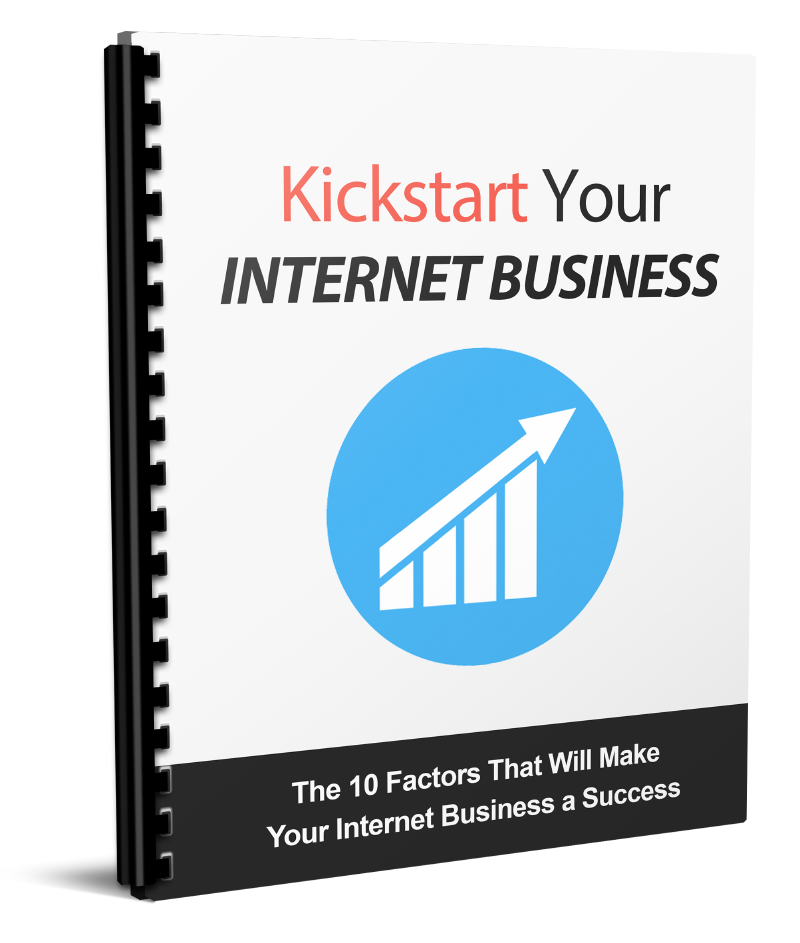Online privacy and security is a big deal these days. Whether you’re running a shop, making online payments, or just don’t want anyone to know what you look at when you’re online, we all want to know that what we do on the internet isn’t seen by the wrong people.
How To Get More Privacy
VPNs, or virtual private networks, are one way in which people can keep their online details safe and secure. While VPNs can’t create 100% privacy and security, they are designed to encrypt and protect your online activity.
But how do they work, and what benefits will you receive by using a VPN? Are they worth the cost? Learn more about how to protect your privacy by using a VPN.
What Is a VPN?
The concept of a virtual private network is a little tricky to wrap your mind around, unless you have extensive IT training.
Basically, VPNs create a data tunnel between your own network, and an exit node, which is typically nowhere near where you’re working. There’s no physical tunnel, of course, but rather data scrambled by encryption to become unreadable to anyone attempting to “listen in” to your online activity.

Furthermore, your web activity will be associated with the IP address of the VPN’s server, rather than your own.
Using a VPN can keep your browsing history under wraps. Not only does your web browser and your internet service provider keep a history of your activity, but even websites themselves can recognize your IP address and device.
VPNs don’t use your IP address, which means that activity can’t be tracked back to you.
Whether you’re aware of it or not, a lot of information is tied to your IP address and device activity. Consider all the times you’ve paid for items using a credit card online.
Or the enormous collection of cookies you’ve probably developed just cruising the internet.These details make it easy for a hacker to virtually follow you around, gathering information about you and your preferences… as well as your personal information and financial details.
A VPN is designed to protect the information you send and receive via your own devices.
Read also: What is a Tracking Pixel and how does it work?
Choosing a VPN Provider
A VPN isn’t just something you buy at an office supply store. You need to connect with a VPN provider in order to receive this level of protection.
When it comes to VPN providers, there are many options to choose from. Some offer free protection, while others charge a fee for the services provided. So how do you decide which one is best for you?
Privacy
There are a few things to look for in an ideal VPN service. First, check to see whether the service has a “no-log” privacy. The entire point of using a VPN is to not have a detailed history of all of your web activity.
If the VPN service itself is keeping track of your online activity, it somewhat voids its own purpose. A no-log policy ensures that not even the VPN is recording where you’ve been and what you’re doing.
Security
You also want to check that the service is using the most current and secure protocols.
Again, this might be difficult to verify without extensive server knowledge, but you’ll be able to recognize whether your operating system is supported, as well as gauge the level of support each provider describes on their site.
Limits
Device and data limits are another common deciding factor. If you use your smartphone and laptop for essentially the same online activities, it’s a good idea to have all of your devices protected in the same manner.
Most people use between three to five devices throughout the day, which means you’ll want to access your VPN from all of these devices. Add to that your typical level of activity. Many free VPNs have a bandwidth limit, which means those who conduct a lot of business online may run out of service very quickly.
Convenience
Lastly, it’s important to balance cost with convenience. While there are many “free” VPN options on the market, it’s important to identify what compromise you’ll make for the service.
Do they have tons of frequent ads that you’ll have to sift through? Will they sell your personal information to third parties? If you find ads a huge hassle, and you are adamant about maintaining your privacy, perhaps a paid VPN service is a better option for you.
A VPN Does Not Make You Invisible
While it would be absolutely wonderful to disappear from the sight of hackers and interested parties forever, there are a few things that not even a very good VPN can erase.
For example, accounts that you log into, such as Google, social media sites, and financial sites, will all record your history and activity independently. Once you’ve logged in with your user name and password, everything you do is recorded.
The data will still be encrypted by the VPN, but if your goal is to keep all of your web activity a secret and untrackable, a VPN will not protect you.
Additionally, your VPN provider will know who you are and your real IP address. Since the VPN’s duty is to mask your IP address from various sites which do not require a log in, they’ll need to know your actual information to do so.
Additionally, you’ll need to create an account with the provider for payment, which will include your name and address. A court order or warrant could easily persuade them to give up that information.
A VPN is an excellent way to protect your online privacy, but it’s important to choose a service that meets your needs. Furthermore, you’ll need to bear in mind that not even the most stringent service can make your activity completely invisible.
If you’re considering a VPN service to make life a little more difficult for hackers, be sure to do plenty of shopping around to determine what various services offer.
You’ll want to be able to connect all of your devices, and have plenty of bandwidth for your typical online activity. Most of all, you’ll want to be certain that the service provided gives you adequate protection for your privacy.









